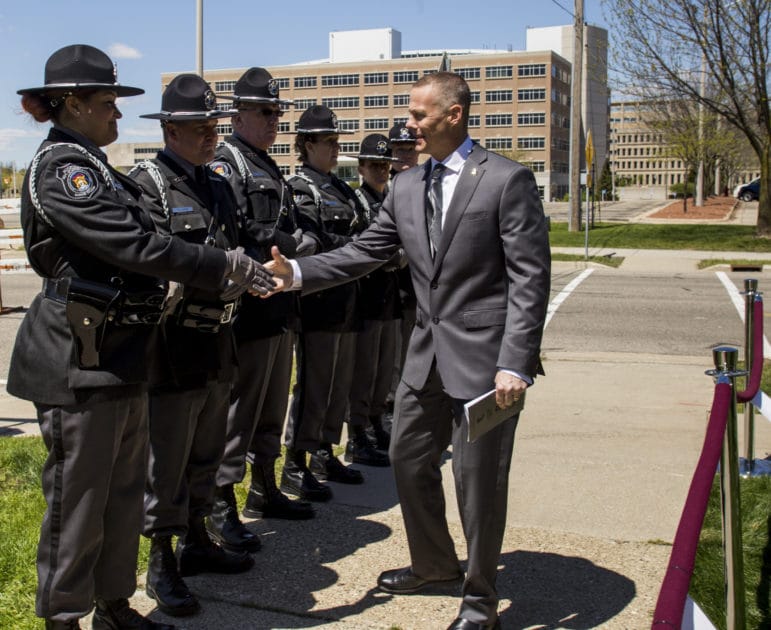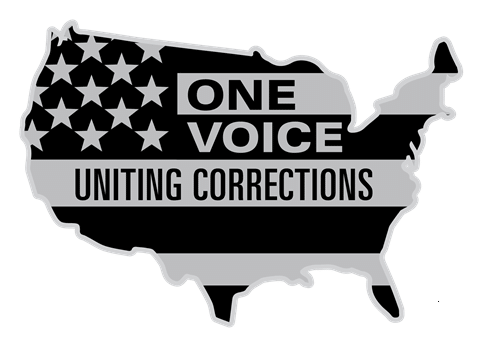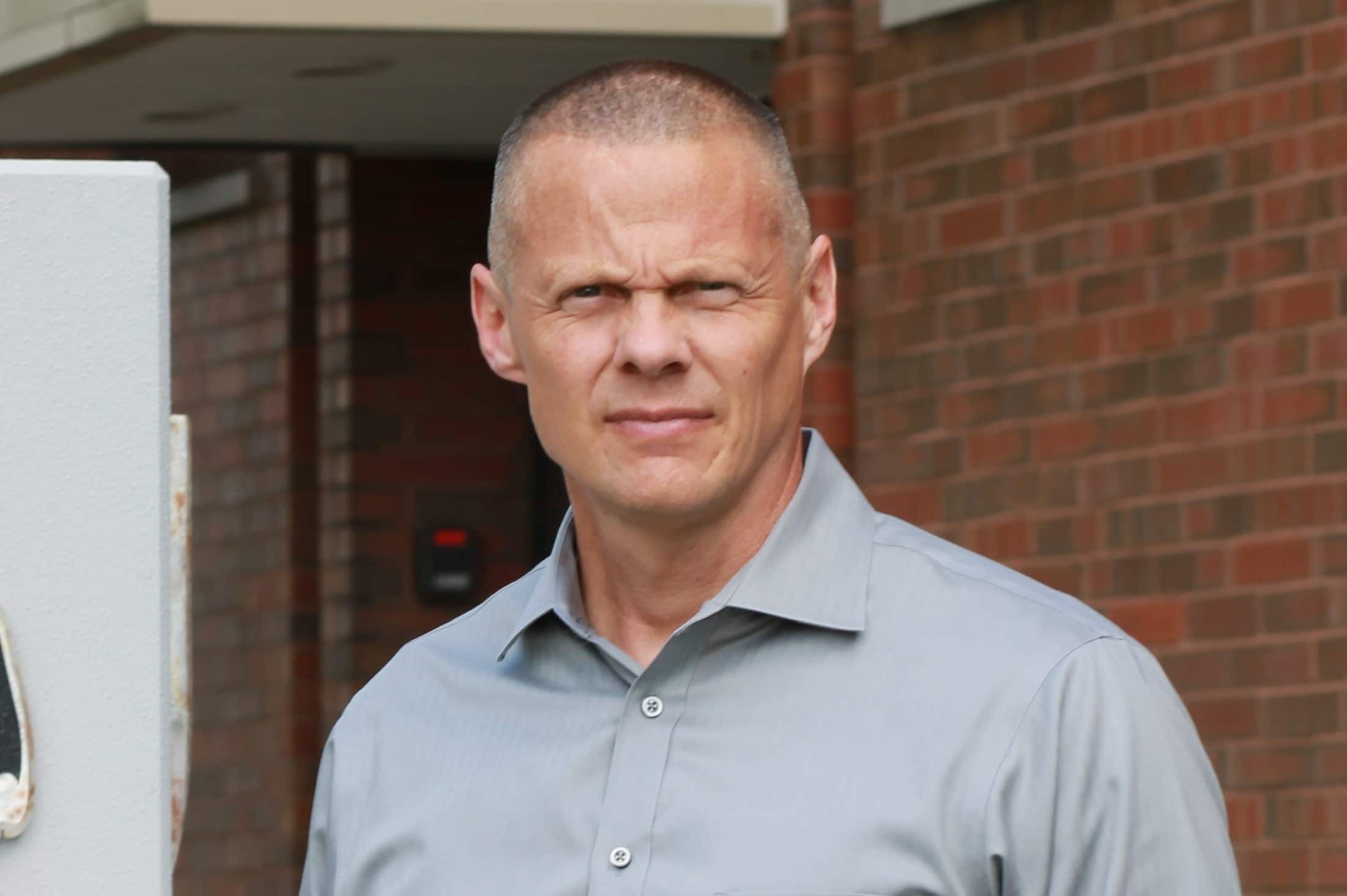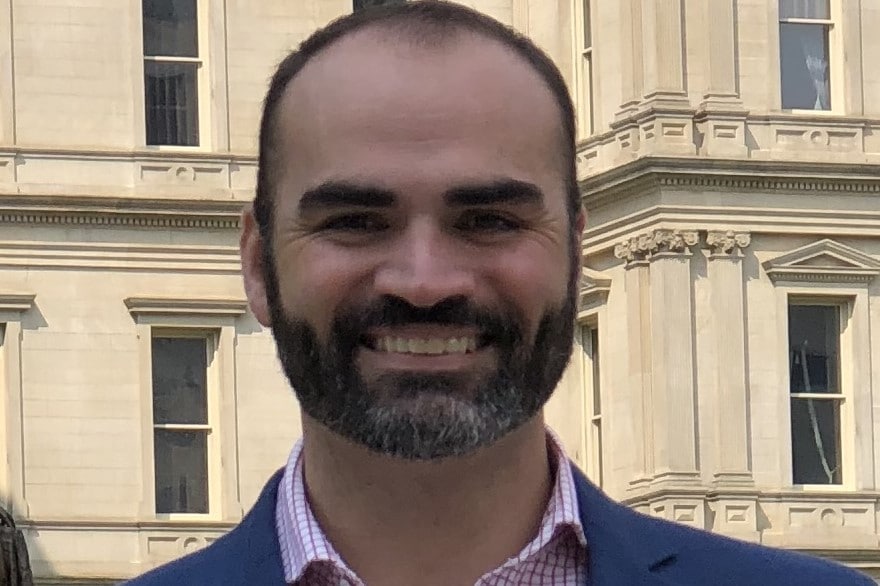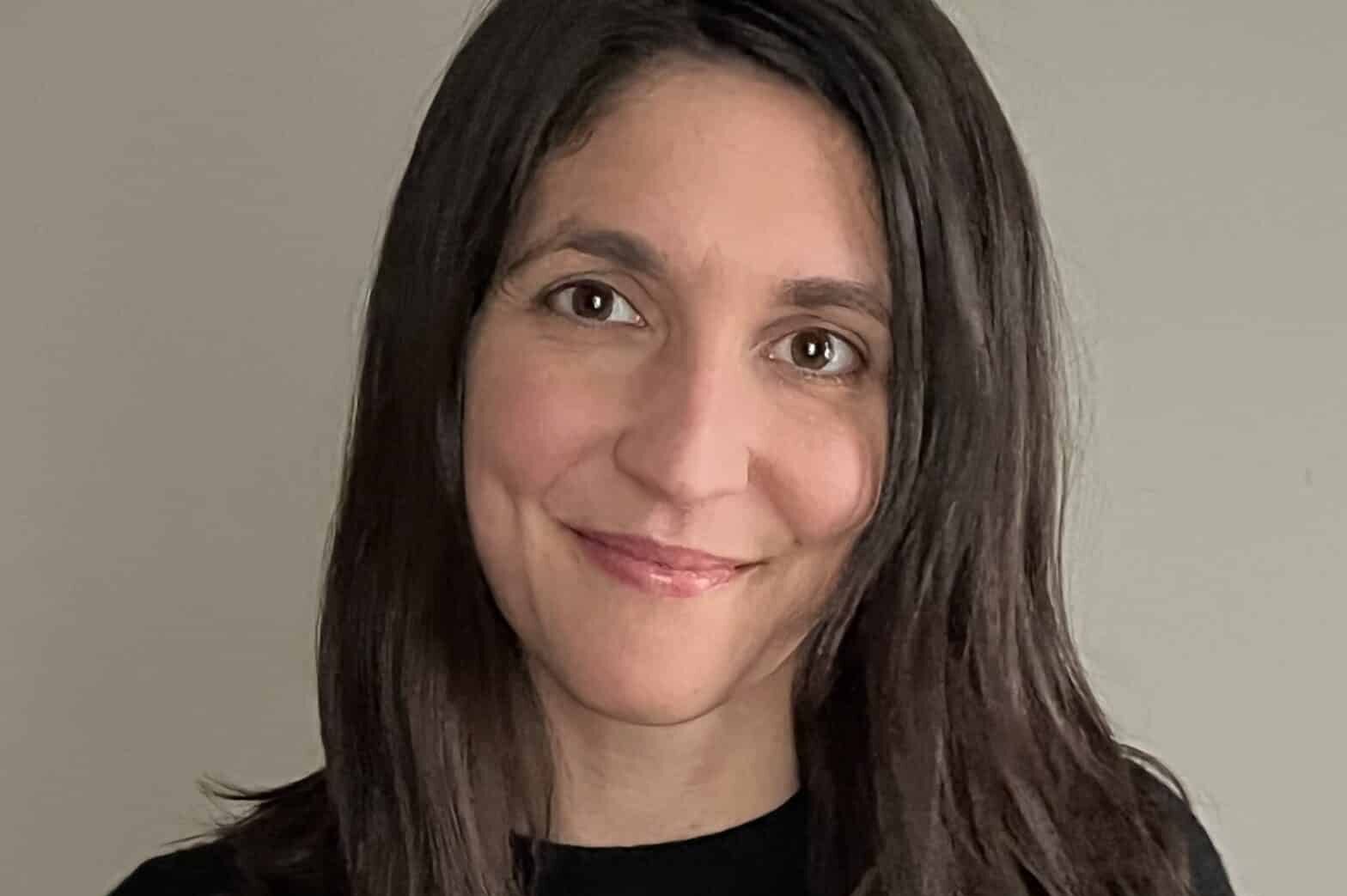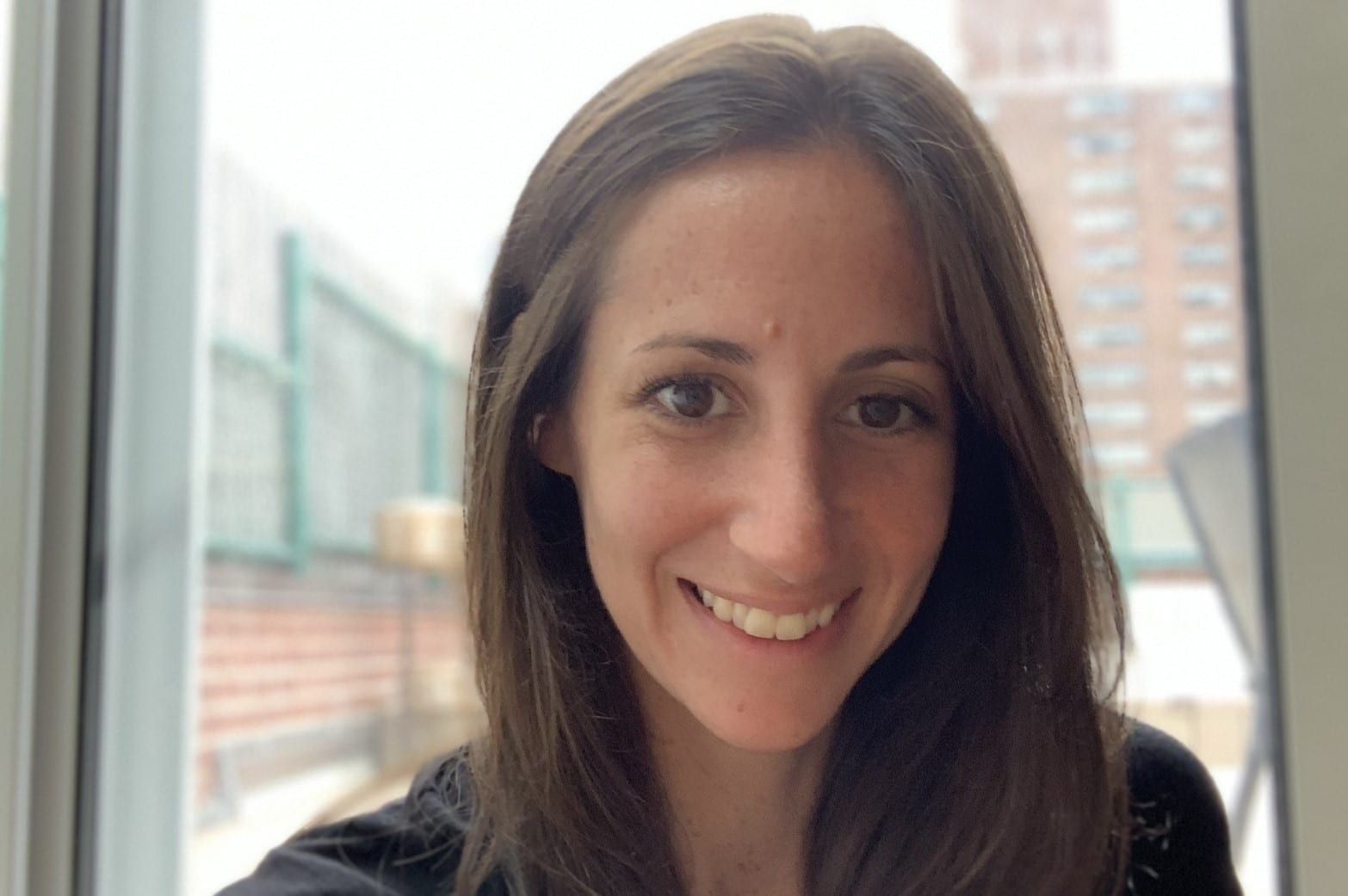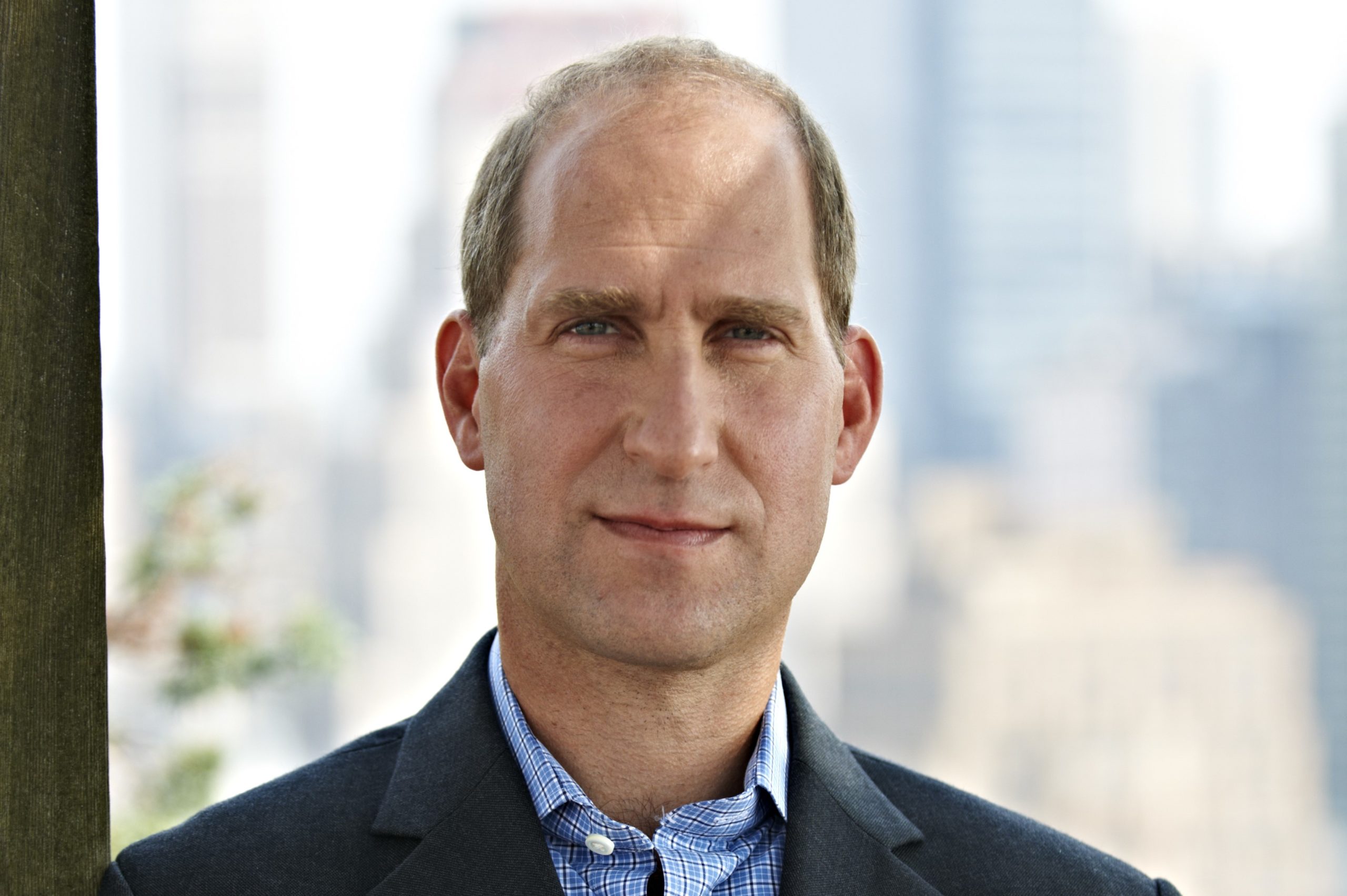About One Voice United
A National Organization Dedicated to Giving Correctional Officers and Staff a Voice
What We Do
Building Bridges to Elevate the Toughest Job
One Voice United is a national organization dedicated to elevating the voices, expertise, and experiences of corrections officers and other front-line corrections professionals in national conversations about corrections, criminal justice reform, and the broader criminal justice system.
Seeking to inject the unique knowledge and experience of frontline staff doing one of the toughest jobs in the country, One Voice United is a conduit for correctional officers and staff to raise issues of concern and voice their opinions.
Through One Voice United, we are amplifying the lived experiences of corrections officers and other staff who can contribute to breaking new ground that better informs comprehensive criminal justice reform for all stakeholders.
Criminal justice reform requires a better understanding not only of the conditions frontline workers face each and every day, but also how those conditions intersect with the lives of those who are incarcerated.
Many of us have heard the saying, “If you aren’t at the table, you’re on the menu.” Especially now as we know budgets will be slashed due to shortfalls stemming from the pandemic, and tensions will be heightened, we know that if we don’t engage our needs will go unmet, unconsidered.
Corrections officers and staff have a vested interest in creating the best possible outcomes of criminal justice reform. As legislators, policy reform activists and criminal justice reform advocates talk about reform, they must also come to be concerned about officer and staff safety, dignity, training and support.
Officers and staff have critical perspectives on important issues such as understaffing, overcrowding and officer wellness that must be included as a part of any reform conversation to bring about true change. Absent our input, our buy-in, reforms, no matter how well intended, will be much harder to implement and sustain.
Our work is to unearth common ground solutions that cut across political divides and respond to the real problems that effective and sustainable reform must address.
By building bridges and bringing together a broad range of stakeholders, we are cultivating a unified approach to the policies, programs and narratives that define criminal justice reform.
We are working to shift the conversation from one that perpetuates tension between incarcerated individuals, corrections staff and budget constraints to one that is centered on protecting the safety and interests of all who are impacted by the corrections system.
